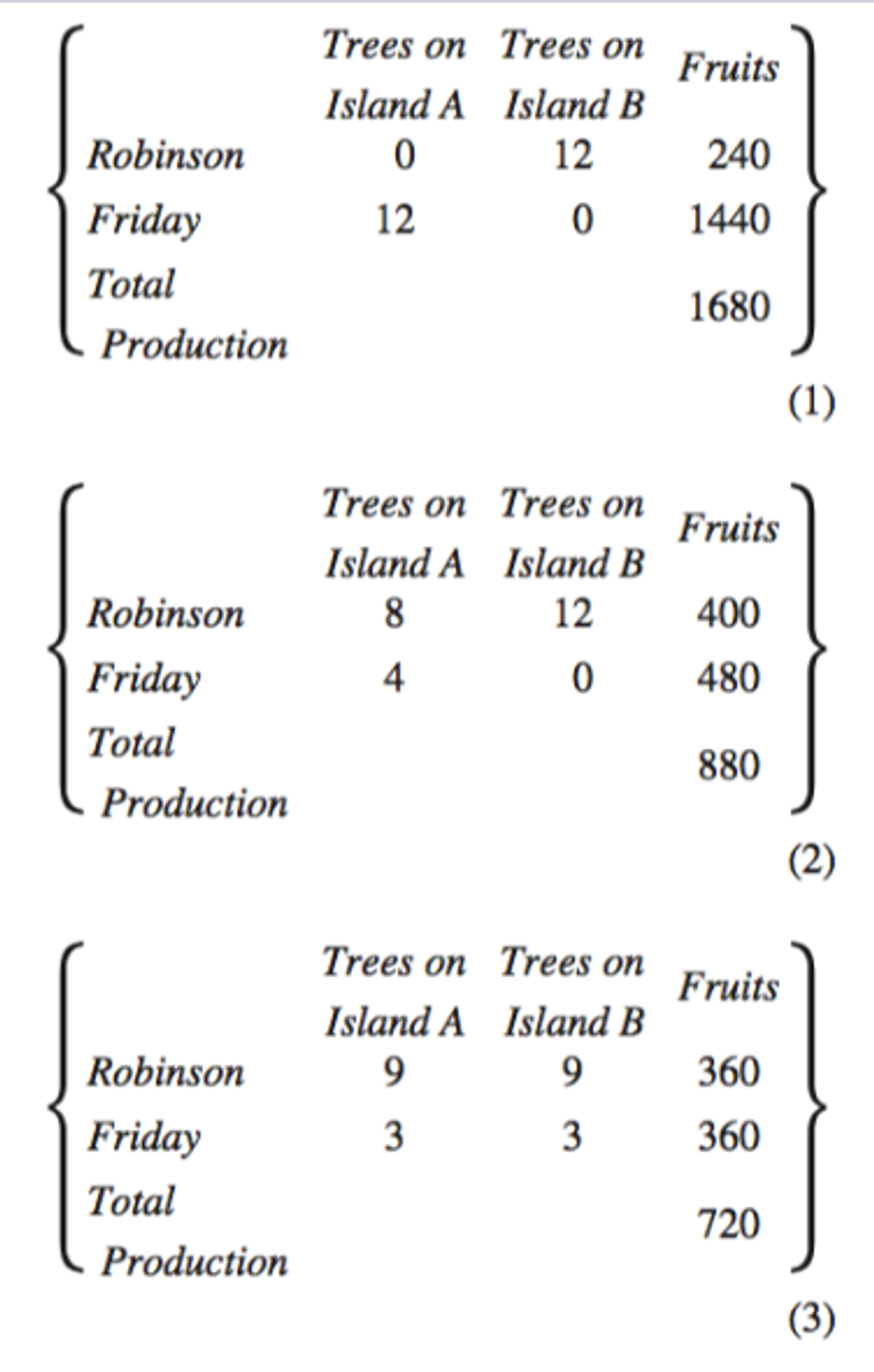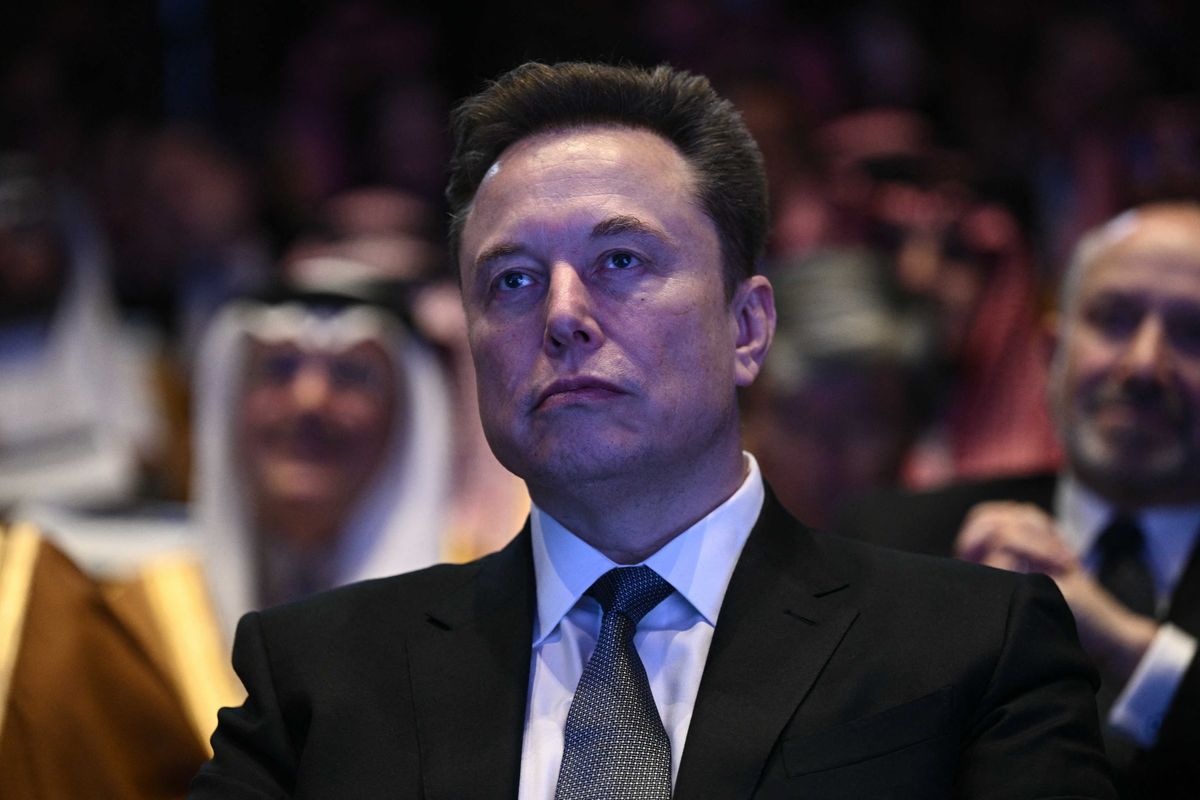
Any religious holy text you care to mention will have plenty of mentions about how believers should care for the less well off – yet there’s also plenty of cynical non-believers who’ll question whether the majority of religious people actually act on that message in real life.
Previous studies have suggested that religious people may be less eager to help out those in need – but new research on Turkish Muslims says that they might just be making a difference in a different way.
At Boğaziçi University in Turkey, 550 participants were asked to answer this resource-sharing problem. As described by British Psychological Digest:
This involved a shipwreck where two parties, named Friday and Robinson, had become stranded on neighbouring islands: Island A and Island B, respectively.
Each island had 12 fruit plants, and due to a quirk, each plant could only be tended (and consumed) by one person.
For reasons unexplained, Robinson can only get 20 fruit from each plant (perhaps he’s a poor farmer), but he can visit both islands (maybe he’s a good swimmer or sailor).
In contrast, Friday can harvest 120 fruit per plant, but he must remain on his island, Island A.
The question is, what’s the fairest way to divide up ownership of the plants?
There are three main ways of splitting it up – which would you pick?

There was no real difference between the amount of believers and non-believers who picked option one – that left Robinson with way less fruit – which suggests if you are self-interested already, it doesn’t matter if you are religious.
Option three is known as an egalitarian approach, that ‘flattens out differences to produce equality for all’. This was favoured by more non-believers (38 per cent) than believers (only a quarter).
Instead, 55 per cent of believers went for option two, which is known as a Maximin split. The approach makes the best case for the worst off.
This is reminiscent of the liberal political philosopher John Rawls. BSP points out:
Many on the left find Rawls infuriating because his philosophy shores up the classic liberal compromise: endorsing the variations in wealth we see in our current capitalist system as long as the system promises an efficient route to eliminating poverty.
In other words, the position doesn’t support eliminating inequality altogether.
The researchers speculate that:
As religious people have more faith in a just world, believing in a fair deity that guides affairs, they are reluctant to hobble winners in the name of egalitarianism.
Of course, this was just a small sample, and only applied to Muslims and non-believers. But it’s an interesting thought.
More: Islam is the fastest growing religion in the world
More: These maps will change the way you think about religion













